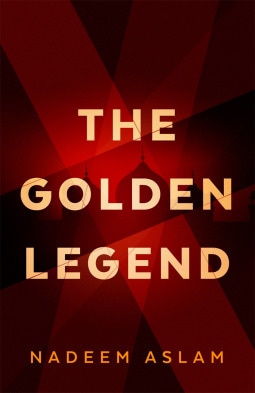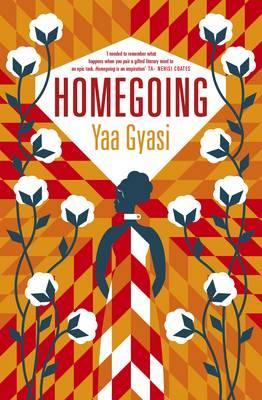When Massud is shot dead by an American gunman, Nargis is afforded little space to grieve. Under pressure from the military police to publicly forgive her husband’s killer – which, under Sharia law, would enable him to return to the US – on the one hand, and from the extremists at the local mosque to refuse, and rendered extra vulnerable by a secret in her past, Nargis is no longer safe in her own home. She’s also concerned for Helen, accused of blasphemy on account of a journal article considered disrespectful of the Prophet’s belief in djinns. Along with Imran, a young Kashmiri freedom fighter who has fled his terrorist training camp on learning he’s expected to apply his lethal learning to his fellow Muslims, the women flee to an idyllic deserted island on the edge of the city, where, despite their religious and cultural differences, love blossoms between the young couple. Sadly, they can’t hide away forever.
The Golden Legend is rich in symbolism, most powerfully through the book, written by his father, which Massud was holding at the moment of his death. Having been hacked through by the visiting intelligence officer, Nargis and her young friends painstakingly sew the pages back together with gold-coloured thread. The book, its title That They Might Know Each Other inspired by a verse in the Koran, traces the interconnections between disparate cultures across geography and time. It’s a concept that is equally vital in the West as we go into the New Year unable to write the slate clean from last year’s politics.
With interesting and sympathetic characters, and a plot that keeps those pages turning (even though it depends in a couple of places on credulity-stretching coincidence), this is a story about outsider identity and the pockets of compassion, humanity and tolerance of difference that we need if our species is to survive. Although the writing style, albeit more than adequate, didn’t set my mind on fire, with a focus reminiscent of The Association of Small Bombs and Jihad, I’m happy to recommend Nadeem Aslam’s fifth novel. Thanks Faber and Faber for my proof copy.
#####################################################
On Africa’s Gold Coast in the mid eighteenth century, a woman gives birth to twin daughters while, at the edge of a rich man’s field, the forest burns. The woman flees with one of the babies while the other is abandoned to the begrudging care of the man’s first wife. Homegoing follows the fortunes of these two girls as they become women, and then mothers, and their families across the next six generations to the present day. In doing so, debut novelist, Yaa Gyasi, paints a compassionate portrait of black history, both in West Africa and in America, a story of fractured families, intergroup conflict, religion, slavery, the use and abuse of power and the human determination to survive.
It doesn’t particularly warm my heart to open a novel and find a family tree at the front. But, given the ambition of her project, it’s testament to Yaa Gyasi’s skill as a writer how infrequently I needed to consult this to orient take myself to the history unfolding across the pages. (A sketch map of the geography of West Africa wouldn’t have gone amiss also.) Alternating between the descendants of the slaver and the descendants of the slave, each chapter depicts one individual at a crucial point in their lives. The characters are vividly drawn and their lives have the right balance of struggle and survival, and hope for the next generation, to keep me engaged. I can imagine reading groups debating their favourite characters; mine was Yaw, a history teacher pre-Ghanaian independence who channels his anger at his mother’s neglect of him as a baby that led to him being badly scarred in a fire into writing a book, Let the Africans Own Africa, to be redeemed by the love of the young woman he takes as a servant. I think this was the first point in the story at which power – bestowed by gender, lineage, wealth, skin-tone, education, physical strength – is not abused, perhaps because Yaw’s facial disfigurement gives him humility. I also appreciated the story of H who, in 1880, after the abolition of slavery, unable to pay his fine after being arrested on a trumped up charge of “studying a white woman”, is sold by the prison authorities to work off his sentence in a coal mine (reminding me of a recent news story about Paul Robeson’s support for the Welsh miners).
Beautifully crafted, epic in scope while zooming in on the details that make us human, Homegoing is an engaging and edifying read. Thanks to Viking Penguin for my review copy.























 RSS Feed
RSS Feed





















